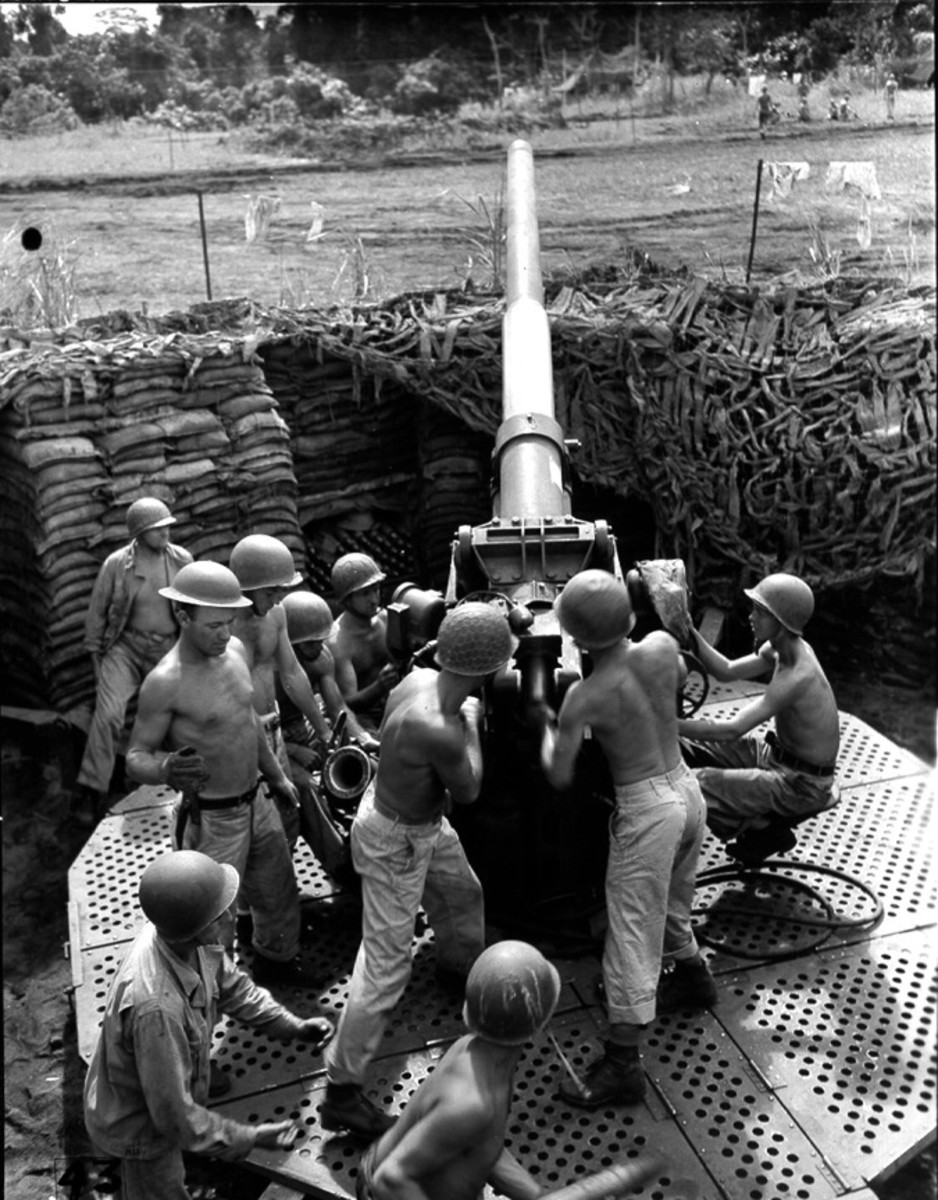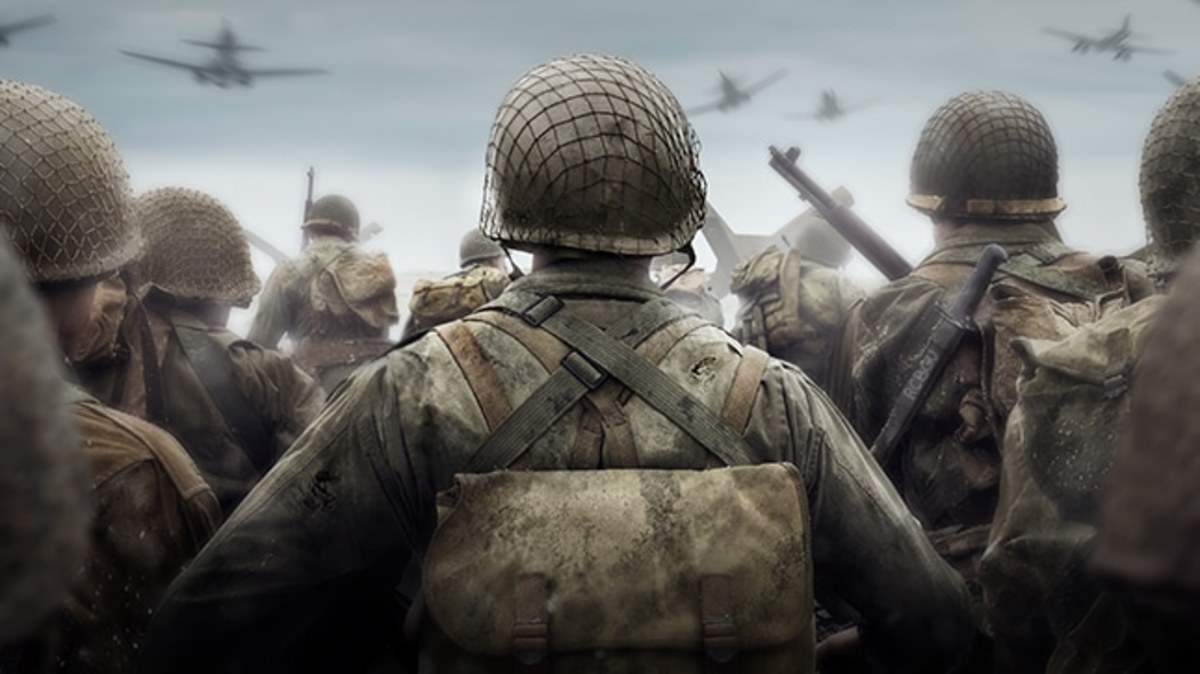Ex Services Prisoners Need Help
The Obvious Problem
The number of ex soldiers serving sentences of imprisonment has risen both in absolute numbers and as a proportion of the prison population. Today in Britain there are 8,500+ prisoners who are former soldiers, and another 12,000+ on probation either as an alternative to prison or after release from prison. In Britain prisoners are usually released after serving half their prison term, but are "on licence" and subject to control by Probation Officers until their sentence expires.
The human cost is huge.The victims of their crimes have often been physically and emotionally hurt, and will have lost earnings while recovering from their injuries. The former soldiers themselves have often had a hard time before the incident that has led to their imprisonment, and then have served time in prison.The taxpayer pays out about £40,000 a year as the cost of keeping a prisoner in prison. The soldiers after release are frequently unemployed for many years,so we have the social security costs of maintaining them and also their families when they form relationships as young men do.
Why Does It Happen?
A former infantry sergeant who had served in both Iraq and Afghanistan explained to me:
" We take very young men who have often never lived away from home and have little experience of the world. We break them down, and then we build them up. We teach them to react instantly to threat. A half second delay could lead to the soldier or another soldier being killed or wounded. So we instil into them that you react instantly.You react instantly every time."
"We also teach them that if you are in a fight you must kill quickly. There may be more than one enemy, so kill the first one and take out the next. Soldiering is not about a fair fight. Soldiering is about killing your enemy and not letting him kill you or your mates."
"In our society it is not normal to see violence or to be part of violence. Most people are brought up not to be violent, or only to use violence when there is no alternative. We have to break that conditioning and condition them that you kill when ordered to or you kill when you must. If we put our young men into danger with a civilian mentality too many of them would be killed while assessing the situation and thinking out what to do. To save their lives we must train them to react and kill instantly."
"The first time they see combat the feelings are naturally bad. Fright, disgust, concern for your friends, and seeing the dead bodies of young men from the other side. The injuries on both sides make you feel sick. It was bad enough for me and I was 22 when I went in. For a kid of 18 or 19 it is horrible."
"And we have a "macho" culture. The Army is not the place to bare your inner soul and express doubts. We are not a "trendy Wendy" camp of sensitive souls. We are fighters in a fighting culture. So you bottle it up. If you let out the least hint of unease you will be subject to ridicule, have suggestions you are a coward, be attacked in the night, and be expected to lead the next suicidal charge. Actually it isn't a suicidal charge but it is very very frightening to leave the berm or trench and race over open ground while you are being shot at."
"When they get back to England the pressure is off. They have time to think through what they have experienced. Although counsellors are available the culture is that "men" don't need counselling."
"After their first or second tour they decide they cannot face another combat tour. So they quit. They buy themselves out or get discharged on psychological grounds or they desert."
"They hit civilian life instantly. The Army does prepare people approaching the end of their 12 year enlistment, but these guys are on the street very quickly."
"So they are young. They have often lost touch with their social group and families back home. They have lost the whole of their new family, the platoon, They feel like failures and cowards. They feel guilt because their friends are going into danger without them, and with an inexperienced newcomer in their place. Will their friends get killed or wounded because they are not there?"
"The kids had few skills to begin with. The Army gave them few useful skills to help their employability. They have "dropped out" of the Army and employers are wary of them because of their emotional issues and because they are unsettled and do not stick at things. They did not stick at the Army. Most young men of that age have friends and relations who will help them get jobs, but these guys have nothing."
Getting Into Trouble
"So the young guy is out as a civilian. He has few skills, no relevant experience, feels a failure and a coward and guilty. He does not have the normal network of friends.He has Post Traumatic Stress Disorder but does not know what is wrong with him."
"One place where you can go when you have nowhere to go is the pub. The pub is the traditional recruiting ground for construction labouring jobs. Or he might go there to meet young women. He is easily recognisable as an ex squaddie, from his haircut to the way he walks. Someone decides to wind him up. All we have taught him is aggression and speed. A situation arises where he feels threatened and "zap" he hits out. We taught him to kill, not to play patacake. Whoever he hits is badly hurt."
The Justice System
the young man gets arrested and he is now on the judicial conveyor belt to prison. Even if there is a psychiatric report, which often there is not, PTSD is rarely a defence to an act of violence. At best it is mitigation, which reduces the sentence. But he still goes to prison.
In prison he rarely gets help. He comes out of prison no better than he went in, but now he is even more unemployable because he has been to prison for violence. So he is on social security for the forseeable future.
There is nothing in place to stop him reoffending. And there are still people who will despise him because he was a coward and now he has been in prison. For a repeat act of violence he gets more prison time.
He Is Not Loveable
There are families who have served, often in the same regiment, for generations. The teenage sons have through their parents and cousins a pretty good understanding of what the Army is about. They are often educationally adequate or above adequate who join the Army as a vocation. They are confident in their patriotism and in their personal identity. Their relatively secure backgrounds will rescue them if they have need.
The majority of recruits have no great military heritage. They may join simply to get a job, to get away from their town, for adventure and excitement, or for a combination of reasons. They rarely have intended to be a soldier since childhood, but have turned to soldiering for want of an alternative.
They have crashed out of the Army. They did not have much going for them before. These young men have been damaged by their military service and Britain owes them something.
They will rot on the dole or become serial criminals unless they are given a helping hand.
The Helping Hand
While in prison they need counselling. They need anger management.They need relationship training.They need education and and they need marketable skills. They need their confidence building, and they need a lot of help to begin to plan lives and careers. This is not a quick process, but is a series of steps and layers building up upon each other. They have to confront the offences that brought them to prison, and critically examine some of the key incidents in their lives.
In some cases they were "looked after children" and may have several more layers of mental physical and sexual abuse which arose before they joined the Army. They will have even more difficulty building relationships. "Relationships" does not just mean sexual activity but friendship, work relationships, parenting, building networks, and hopefully rebuilding their past family relationships.
At some point, possibly dictated by the early release calendar, they move out into secure accommodation where there is built in supervision. They have jobs or training or FE Education organised for them, possibly as day release. This gives them the opportunity to obtain good references and qualifications. At College and at work they begin networking.
The point comes when they and the organisation agree they are capable of independent living. They move out but keep in touch for a year or so until they are clearly "flying".
Who Pays?
Keeping these men in prison costs the Home Office about £40,000 a year. Keeping them on benefits including accommodation costs Social Security about £7,500 a year. If they are not working they are not paying tax or National Insurance. The Ministry of Defence should contribute. The Education Ministry should pay for their education.
If we could keep say 2,000 men out of prison for one year the saving to the Government is £80,000,000, enough to fund a project like this and to have change left over. It is about joined up government.
The organisation committee should have people from the Royal British Legion, SSAFA, NACRO, and hopefully some big employers like chain stores, logistics companies, and manufacturers who hopefully will provide work placements.
The path for these young men is not smooth. There will be failures. I hope there will be significant personal successes, that the project is cost effective, and that eventually people can gain entry without having to commit offences first.








